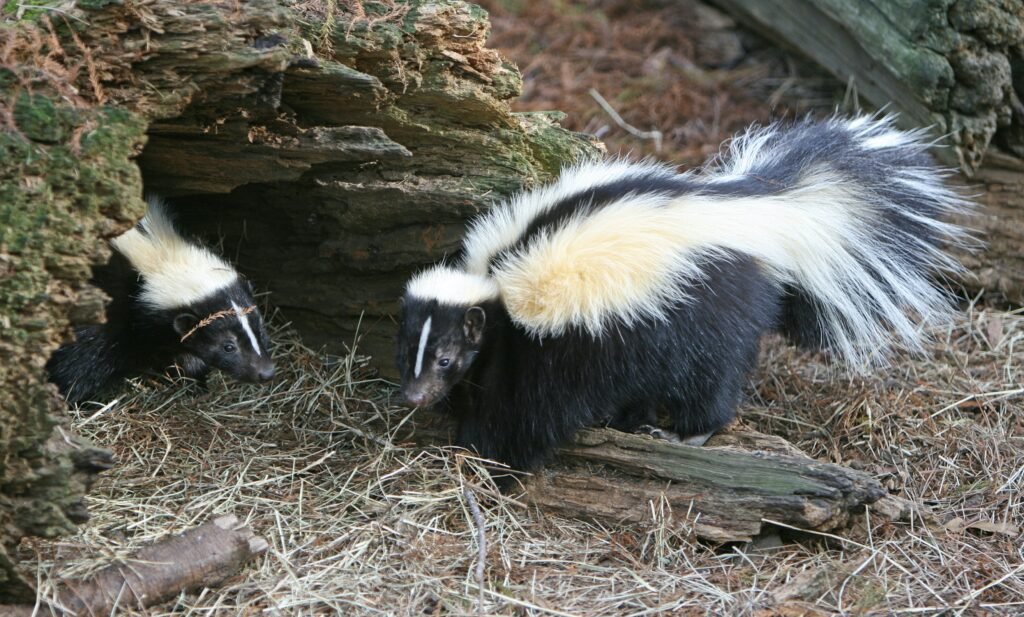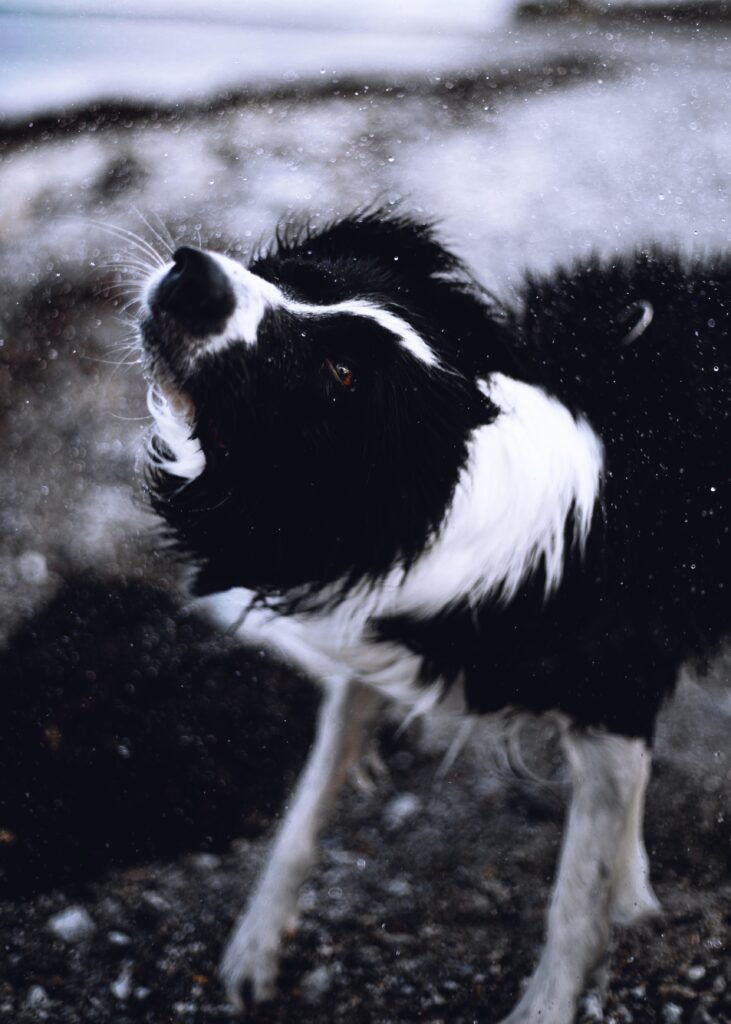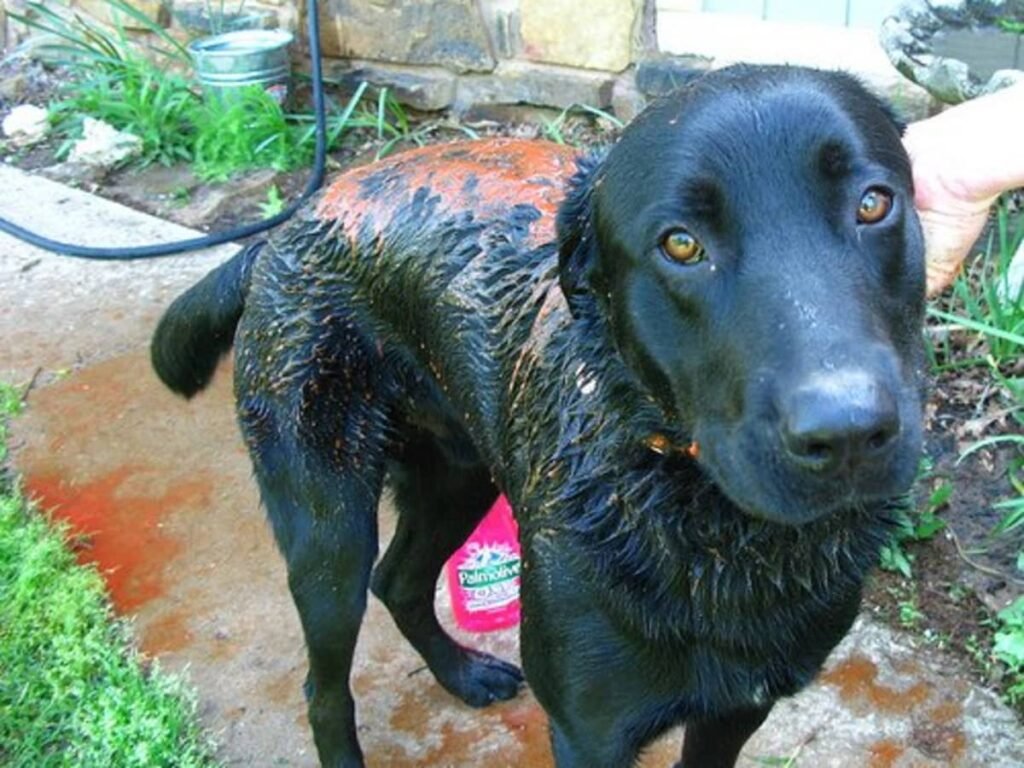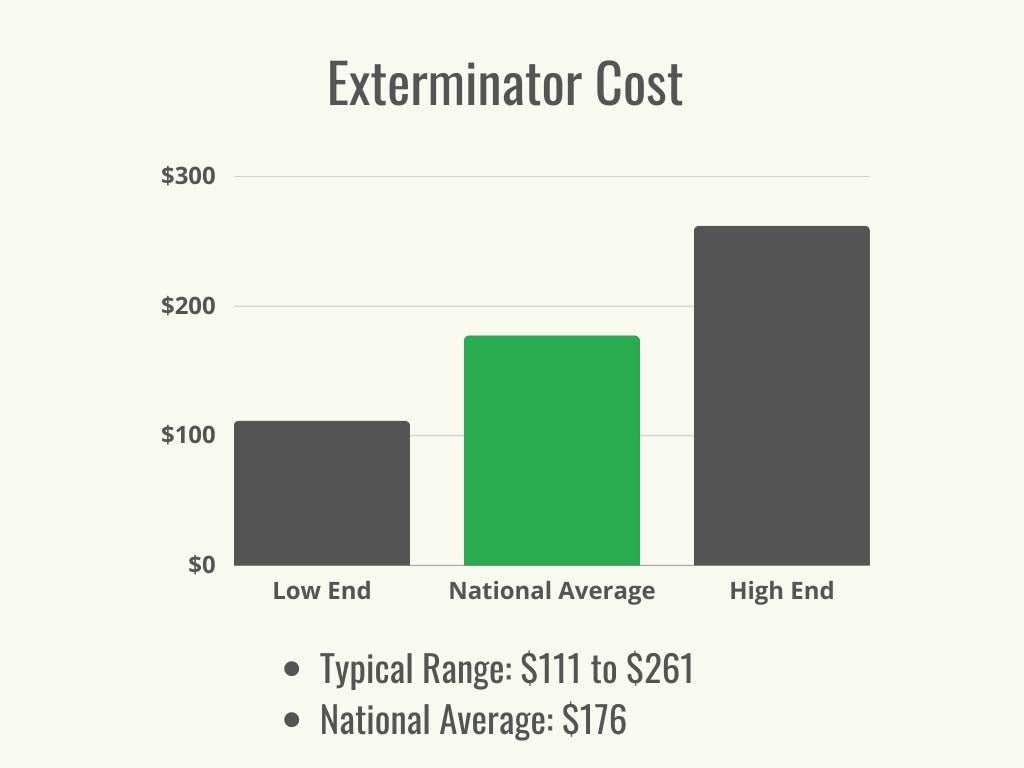Ah, the notorious skunk – a creature admired for its beautifully striped fur but dreaded for that pungent odor it emits. Whether you’ve encountered one on your property or are simply curious about the best methods to avoid an unwanted skunk visit, this article on skunk removal will provide you with valuable insights and practical tips. From understanding the behavior of these furry critters to implementing effective prevention strategies, you’ll gain the knowledge you need to peacefully coexist with skunks or, if necessary, safely and humanely remove them from your surroundings. So, grab a cup of tea and settle in, because we’re about to embark on a skunk-filled adventure together!


Understanding Skunks
Skunks are small mammals known for their distinctive black and white fur patterns and their ability to spray a strong-smelling odor when threatened. They belong to the family Mephitidae and are native to both North and South America. Skunks have a stout body with short legs and a bushy tail. On average, they can grow up to 19-30 inches in length and weigh around 7-14 pounds. Their fur acts as a warning sign to potential predators, as the black and white coloration signals danger.
Physical Characteristics of Skunks
Skunks have unique physical characteristics that make them easily identifiable. Their fur is primarily black, with white stripes extending from their head to the tip of their tail. Some skunks also have a completely white or albino coloration. The fur of a skunk is thick and odor-resistant, which helps protect them from the spray of other skunks. They have small, round ears and small eyes positioned on each side of their face. Skunks possess sharp front claws that they use for digging and searching for food.
Behavior and Habits of Skunks
Skunks are primarily nocturnal creatures, meaning they are most active during the night. They have a solitary behavior, preferring to roam and forage alone. When a skunk feels threatened or startled, it may raise its tail, stomp its front feet, and emit warning signs before spraying its infamous odor. Skunks are omnivores, meaning they consume both plant matter and small animals. Their diet consists of insects, rodents, fruits, berries, and bird eggs. Skunks are also excellent diggers and create dens for shelter and rearing their young.
Signs of Skunk Infestation
It’s important to be aware of the signs indicating a skunk infestation. While spotting a skunk directly may be an obvious sign, there are other indicators to look out for.
Unusual Smell
The most common sign of a skunk infestation is a strong, pungent odor. If you detect a distinct skunk-like smell around your property, it is likely that a skunk has taken up residence nearby. Skunks often spray as a defense mechanism when they feel threatened, so the odor can be quite pervasive.
Damage to Property
Skunks may cause damage to your property, including digging up lawns and gardens in search of food, nesting under decks or sheds, or creating burrows in the ground. If you notice these signs of property damage, it’s a good indication that skunks are present in the vicinity.
Visible Skunk Sightings
Seeing skunks wandering around your property, especially during the night, is a clear sign of an infestation. Skunks are known to be nocturnal creatures, so if you frequently observe them on your premises, it’s important to take necessary steps to address the issue.


Health Risks Associated with Skunks
While skunks may be cute from a distance, they can pose health risks if they come into close contact with humans or pets.
Rabies
One of the primary concerns associated with skunks is the risk of rabies. Skunks, like other wild animals, can carry the rabies virus. If bitten by a skunk, it’s crucial to seek immediate medical attention and report the incident to the local authorities. Vaccinating pets against rabies is also essential to prevent transmission.
Skunk Spray and Odor
Skunk spray, containing sulfur compounds, can cause temporary blindness, nausea, and severe discomfort if it comes into contact with the eyes or mouth. The strong odor can be difficult to remove from clothing, furniture, and other surfaces. It’s important to exercise caution and avoid triggering a skunk’s defensive spray.
Skunk Mites
Skunks may also carry a variety of mites, such as sarcoptic mange mites, which can infest pets or even humans. These mites cause skin irritation and intense itching, requiring medical attention or veterinary care if contracted.
Preventing Skunk Infestation
Taking preventive measures is key to avoiding skunk infestations on your property. By following a few simple steps, you can minimize the chances of skunks taking up residence.
Securing Garbage Bins
Skunks are attracted to easily accessible food sources, such as garbage bins. Make sure your garbage bins have tight-fitting lids and are stored in a secure area, such as a shed or garage. This will help deter skunks and other wildlife from rummaging through your trash.
Eliminating Food Sources
Remove potential food sources that may attract skunks. This includes cleaning up fallen fruits or vegetables from your yard, securing pet food indoors, and not leaving bird feeders accessible during nighttime.
Sealing Entry Points
Skunks can squeeze through small openings, so it’s important to seal any potential entry points around your property. This may include gaps under decks or sheds, holes in fences, or gaps around foundations. Fill these gaps with materials such as caulk or hardware cloth to prevent skunks from entering.


DIY Skunk Removal Methods
If you discover a skunk infestation on your property, there are several DIY removal methods you can try before considering professional assistance.
Use of Repellents
Some natural repellents can help discourage skunks from entering your property. These can include ingredients like ammonia, citrus peels, or hot pepper sprays. Apply these substances around potential entry points or areas where skunks are active to deter them.
Trapping and Relocation
Live trapping is another option, but it requires caution and expertise to ensure the safety of both the trapper and the skunk. Once trapped, skunks should be relocated far away from residential areas to prevent them from returning.
Creating Barriers
Physical barriers can be effective in preventing skunks from accessing certain areas. This may involve installing mesh fencing around vulnerable areas, applying wire mesh under decks or sheds to prevent burrowing, or using motion-activated sprinklers to startle and deter skunks.
Professional Skunk Removal Services
In some cases, it may be necessary to enlist the help of professional skunk removal services. These experts have the knowledge, experience, and equipment to safely and effectively remove skunks from your property.
Benefits of Hiring Professionals
Professional skunk removal services offer several benefits. They have specialized training and equipment to handle skunks safely without causing harm to the animals or themselves. Additionally, professionals can provide a thorough inspection of your property to identify any potential entry points or areas where skunks may be hiding.
Methods Used by Professionals
Skunk removal experts employ various techniques, such as humane live trapping, exclusion methods, and odor-neutralizing treatments. They will assess the situation and develop a customized plan to remove the skunks and prevent their return.
Cost of Professional Services
The cost of professional skunk removal services can vary depending on factors such as the size of the infestation, the extent of the problem, and the location of the property. It’s best to consult with multiple reputable companies for estimates and to inquire about guarantees or warranty options.


Skunk Removal Products and Tools
For those who prefer a DIY approach, there are various skunk removal products and tools available on the market.
Skunk Traps
Live animal traps specifically designed for capturing skunks can be an effective tool. These traps typically have convenient release doors and are made of materials that prevent skunks from spraying while confined.
Skunk Repellents
Commercial skunk repellents, whether in the form of sprays or granules, are designed to deter skunks from entering certain areas. These products often contain strong-smelling ingredients that skunks find unpleasant.
Protective Gear
When dealing with skunks, protective gear is essential to avoid getting sprayed or bitten. This can include gloves, goggles, long-sleeved clothing, and boots. Always prioritize personal safety when attempting any skunk removal methods.
Legal and Ethical Considerations
When dealing with skunks, it’s important to be aware of local regulations and ethical considerations to ensure responsible and humane treatment.
Local Regulations
Check with your local wildlife or animal control authorities to understand any regulations or permits required for skunk removal. Some areas may have specific guidelines in place to protect both humans and wildlife.
Proper Handling and Release
If attempting DIY skunk removal, always prioritize the safety and well-being of both yourself and the skunk. Handle skunks gently and release them in a suitable, safe location far from residential areas.
Humane Methods of Skunk Removal
Choose humane methods whenever possible. Avoid using lethal traps or harmful chemicals that may cause unnecessary harm or suffering to the skunks. Respect and appreciate the importance of wildlife in the ecosystem.


Dealing with Skunk Spray
If you or your pets happen to be on the receiving end of a skunk’s spray, it’s important to take immediate action to minimize the odor and discomfort.
Removing Skunk Odor from Pets
Mix up a solution of hydrogen peroxide, baking soda, and liquid dish soap to create a skunk odor remover for your pets. Apply the mixture thoroughly to your pet’s fur, avoiding the eyes and mouth. After letting it sit for a few minutes, rinse your pet with water. Repeat the process if necessary.
Skunk Odor Removal Techniques for Home
To remove skunk odor from your home, several remedies can be effective. These include using vinegar, baking soda, activated charcoal, or specialized odor removers. Ventilate the space by opening windows and using fans to help dissipate the odor.
Professional Assistance for Skunk Spray
If the skunk spray odor persists, despite your best efforts, it may be necessary to seek professional assistance. Odor specialists can provide professional-grade odor neutralizers and offer additional guidance on removing stubborn skunk odors.
Preventing Skunk Return
Once you have successfully resolved a skunk infestation, it’s essential to take measures to prevent their return.
Modifying Landscape
Skunks are attracted to areas with ample shelter and food sources. Modifying your landscape can help deter skunks from returning. Clear overgrown vegetation, remove woodpiles close to the house, and keep lawns and gardens well-maintained.
Regular Inspection and Maintenance
Regularly inspect your property for any potential entry points or signs of skunk activity. Seal any new openings promptly and address any factors that may attract skunks, such as unsecured garbage bins or fallen fruits.
Monitoring and Detecting New Activity
Be vigilant and observant of any signs of skunk activity. This can include tracks, burrows, or damage to property. By detecting early signs, you can address the issue before it becomes a full-blown infestation.
By understanding skunks, their habits, and appropriate prevention methods, you can effectively deal with skunks and ensure a skunk-free environment. Always prioritize safety, follow ethical practices, and seek professional assistance when needed to handle skunks responsibly.
Your Expert in Animal Control and Extermination. Trust our experience for humane, effective pest management, protecting your property and ensuring peace of mind with Michael S.





